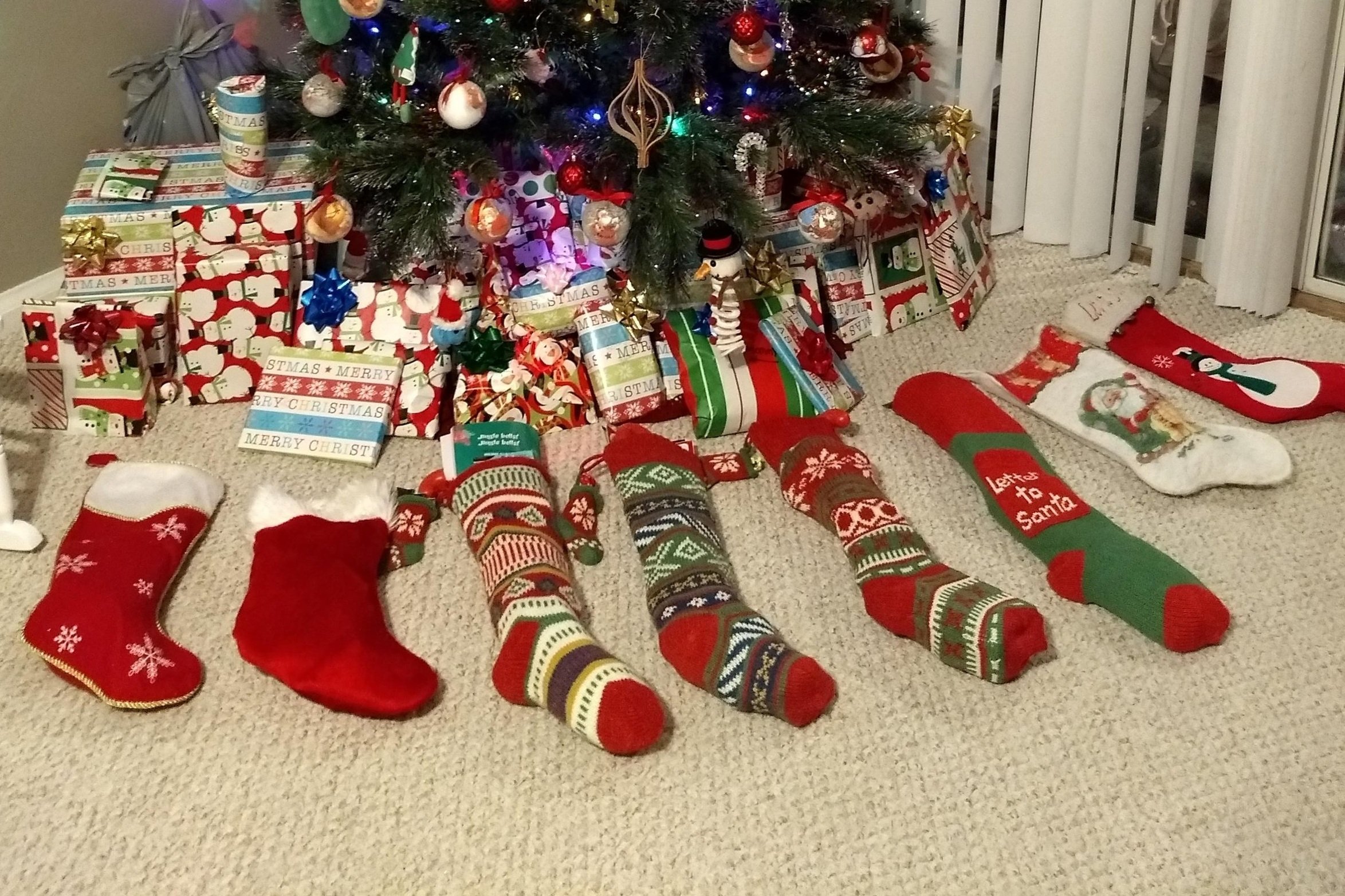What It Actually Looks Like to Help the Hurting
It's easy for us to talk about how we try to model engaging with people who are hurting and marginalized in our city.
It's harder to talk about what that actually looks like. So that you don't think you're missing something if you are trying to walk this path and it's messy... Here's what it sometimes looks like:
It sometimes looks like waiting for someone who doesn't show up.
It sometimes looks like digging up resources through your connections, only to find out that the story behind the need wasn't exactly true or the "need" was more attention-seeking than a physical need.
It sometimes looks like staring at a ringing phone or a text message and wondering how to balance the broken boundary - say a call at midnight or a series of texts so long it takes five or six scrolls to read through each - with a hurting person.
It sometimes looks like making the wrong choice and only realizing that because suddenly the relationship is unhealthy or dysfunctional; there's so much guesswork involved in boundary-making that it's not an easy science to master.
It sometimes looks like your kids hearing traumatic stories, inappropriate language, broken pasts... All from the safety of their carseats as you drive someone from Point A to Point B.
It sometimes looks like your kids grasping unconditional love in moments where you fail, and realizing they're better at this than you are.
It sometimes looks like understanding that you're just a resource to a person when you were trying to be family, and wrestling with the implications of that.
It sometimes looks like allowing your own vulnerabilities to come through and realizing you are an equal, not a savior.
It sometimes means learning to love someone deeply.
It sometimes means saying NO.
It sometimes means choosing not to go deep with one person so you have time to invest in another, because your time and emotional resources are limited.
It sometimes means choosing solidarity over your own pride. Hurting people can say and do embarrassing things (don't we all!) and you will have to choose whether it's more important to come across as "right" or "put together" or to stand by your person.
It sometimes means allowing yourself to see beyond someone's drug addiction, poverty, mental health, lack of education, differences from you, and choices; to identify a person by their strengths rather than their weaknesses.
It sometimes means redefining family.
And, hopefully, it means realizing the gap between yourself and the person you are trying to reach is not so huge; that they are a person worth loving just like you; and that they are valuable, lovable, and full of potential. No matter what.




